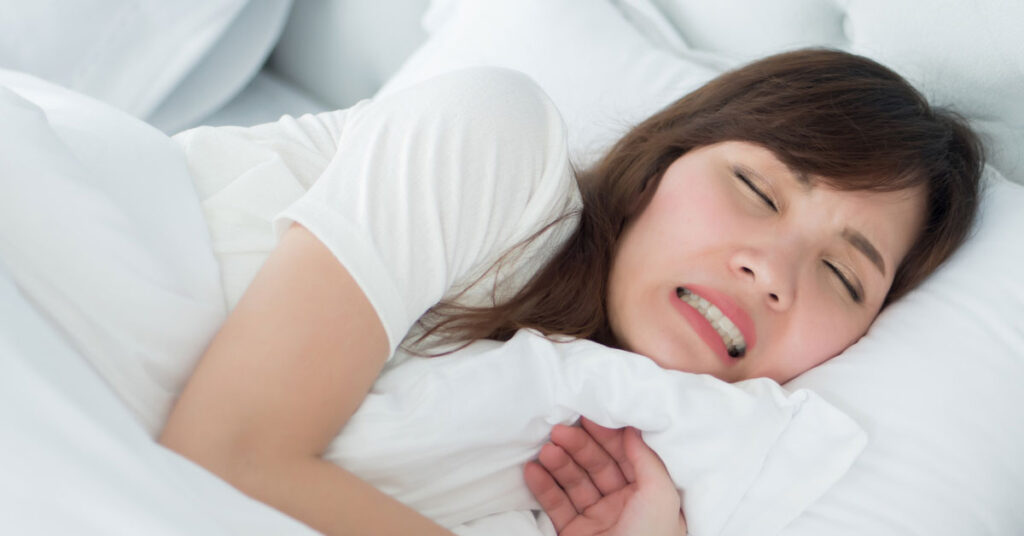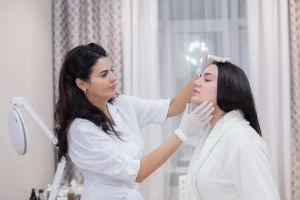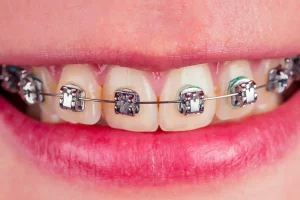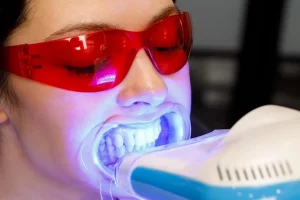Teeth grinding habit, commonly referred to as bruxism is very commonly seen in childhood. Children tend to develop this habit to overcome teething problems. But as a child grows by, this habit tends to disappear over the age. There are about a few percentages of people, who tend to carry over this bruxism to adulthood. They tend to clench unconsciously during the day or do it during the sleep. There are many factors associated with this type of bruxism.
Mild bruxism may not require treatment. However, in some people, clenching is very frequent and sometimes lead to severe jaw disorders, damaged teeth, headaches and other problems. Such people have to be intervened with treatment. Do you experience any of these symptoms?
Symptoms of Bruxism:


- Teeth grinding or clenching, which may be loud enough to disturb the person sleeping nearby.
- Fractured, attrition of chipped teeth.
- Worn out enamel, causing increased pain and sensitivity on the tooth.
- Tiered jaw muscles
- Vague pain associated with the jaw, neck, face or near the TMJ in front of the earlobes
- Cheek biting
- Sleep disturbance
Causes of Bruxism:
There is no clear understanding as to what is the exact cause of bruxism. But these factors below are shown to increase the risk of bruxism.
- Stress and increased anxiety
- Very common in young children, and usually disappears in adulthood
- Having an aggressive or hyperactive nature
- Some anti-anxiety or anti-depressant medications cause clenching as a side effect
- Heredity or familial disorder
- Gastro-intestinal disorders, epilepsy, sleep apnea(not able to sleep), night tremors
Treatment:
Common treatments include plastic bite splints for the upper teeth (night guard) or taking anti-anxiety medication. Increase in physical activity, reducing stress levels, changing lifestyle are some of the best methods to overcome bruxism.

Complications:
In most cases, bruxism doesn’t cause any serious complications.
- Damage to your teeth, restorations, crowns or jaw.
- Vague tension-type headaches
- Severe facial or jaw pain, radiating to neck or ears
- TMJ disorders like pain on opening or clenching of teeth, or clicking sound on opening and closing of the jaw.
If there is a doubt that you clench your teeth during sleep, or if your partner tells you so, its time you book an appointment with us at Oris Dental Center for a consultation.





